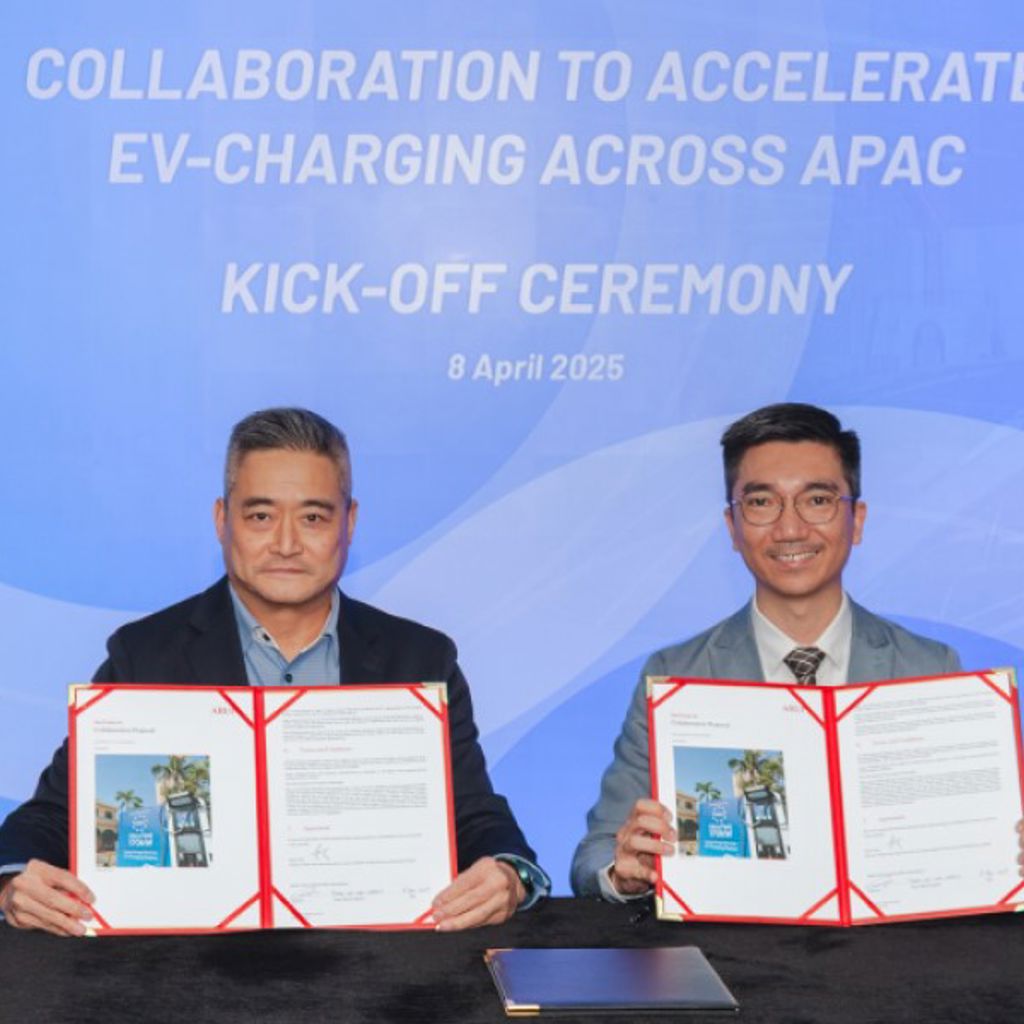Arup, a global sustainability development consultancy, in partnership with Energy Systems Catapult and the University of Bath, have been appointed by the Department for Energy Security and Net Zero (DESNZ), to carry out a six-month feasibility study to assess the viability of a ‘digital spine’ concept for the UK energy system.
The ‘digital spine’ is a concept of technical processes and defined governance roles and responsibilities that will allow the exchange of energy system data in a secure and interoperable manner.
The study aims to establish the needs case for an energy system ‘digital spine’ and its benefits to establishing a smart, flexible, decarbonised energy system and the data infrastructure required to deliver it.
This ability to exchange data will facilitate efficient system operation, improve access to new markets and support development of new services for a smart and flexible energy system. It will be crucial in achieving net zero at a lower cost to the consumer in the UK.
The energy system digital spine feasibility study is a sub-programme of DESNZ’s Flexibility Innovation Programme, which seeks to enable large-scale widespread electricity system flexibility through smart, accessible technologies and markets. The creation of a digital spine was first described by the Energy Digitalisation Taskforce report released earlier last year.
The study will involve comprehensive stakeholder identification and engagement throughout. It will aim to establish the potential scope of a digital spine, the data infrastructure required to deliver it, and provide evidence to inform future policy, regulation, and innovation development.
Evidence provided as a result of the study, will inform regulation and innovation development in relation to potential future energy digitalisation requirements in the UK, in addition to contributing to policy development.
Dr Richard Dobson, Head of Digital and Data, Energy Systems Catapult, said: “The UK needs to radically rethink how it invests in, and manages, its energy system to better deliver for consumers, contribute to net zero, and to safeguard our energy supplies. With thousands of low carbon technologies expected to connect to the grid in the coming months and years ahead, complacency is not an option."





